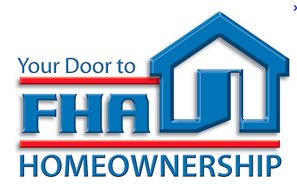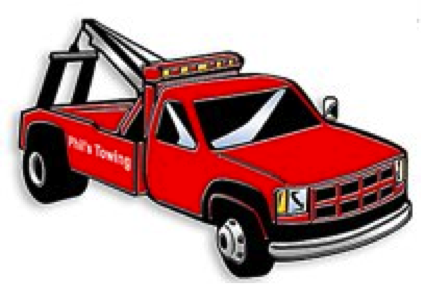By David Swedelson, Partner SwedelsonGottlieb; Condo Attorney and HOA Lawyer
 A CC&R dispute that started 11 years ago over the condition of a Tampa Florida homeowner’s lawn, a lawsuit that involved dozens of court hearings, a weeklong jury trial, two appeals and a second trial, at a cost of hundreds of thousands of dollars is finally over, and the owner prevailed. While this lawsuit occurred in Florida, it could have just as easily taken place in California. Boards at homeowners associations need to be careful when imposing charges and recording liens on an owner’s property.
A CC&R dispute that started 11 years ago over the condition of a Tampa Florida homeowner’s lawn, a lawsuit that involved dozens of court hearings, a weeklong jury trial, two appeals and a second trial, at a cost of hundreds of thousands of dollars is finally over, and the owner prevailed. While this lawsuit occurred in Florida, it could have just as easily taken place in California. Boards at homeowners associations need to be careful when imposing charges and recording liens on an owner’s property.
The lawsuit was between an owner at the Pebble Creek HOA, a real estate broker and retired Tampa police captain, who claimed that his homeowners association illegally took action to replace his lawn in January 2002 and then recorded a $2,212 lien against the home and property for the cost of the sod.
Continue reading





 California community associations have been filing a lot of lawsuits the last three or so years attempting to collect delinquent assessments. Usually, these lawsuits are filed against owners that have lost their homes to their lender in foreclosure, wiping out their condominium development’s or planned development’s assessment lien. These associations are left with only a judicial remedy to collect what is owed their association.
California community associations have been filing a lot of lawsuits the last three or so years attempting to collect delinquent assessments. Usually, these lawsuits are filed against owners that have lost their homes to their lender in foreclosure, wiping out their condominium development’s or planned development’s assessment lien. These associations are left with only a judicial remedy to collect what is owed their association. 
 There are certain claims where small claims court may be the appropriate venue, as opposed to superior court. Typically, this includes claims against owners for unpaid assessments, fees and/or fines that do not exceed $5000, which is the limit that a California community association can recover in small claims court. When it comes to assessment collection, we generally only recommend small claims court where the association has already exhausted its other remedies, such as non-judicial foreclosure, and is trying to collect from a former owner who has lost their unit or lot to a senior lienholder/the bank. Starting a small claims court case is relatively easy. Many courts have small claims forms online which can be completed online or downloaded from the internet. However, knowing what to allege in the complaint form and how to present the case is not always that easy.
There are certain claims where small claims court may be the appropriate venue, as opposed to superior court. Typically, this includes claims against owners for unpaid assessments, fees and/or fines that do not exceed $5000, which is the limit that a California community association can recover in small claims court. When it comes to assessment collection, we generally only recommend small claims court where the association has already exhausted its other remedies, such as non-judicial foreclosure, and is trying to collect from a former owner who has lost their unit or lot to a senior lienholder/the bank. Starting a small claims court case is relatively easy. Many courts have small claims forms online which can be completed online or downloaded from the internet. However, knowing what to allege in the complaint form and how to present the case is not always that easy.



